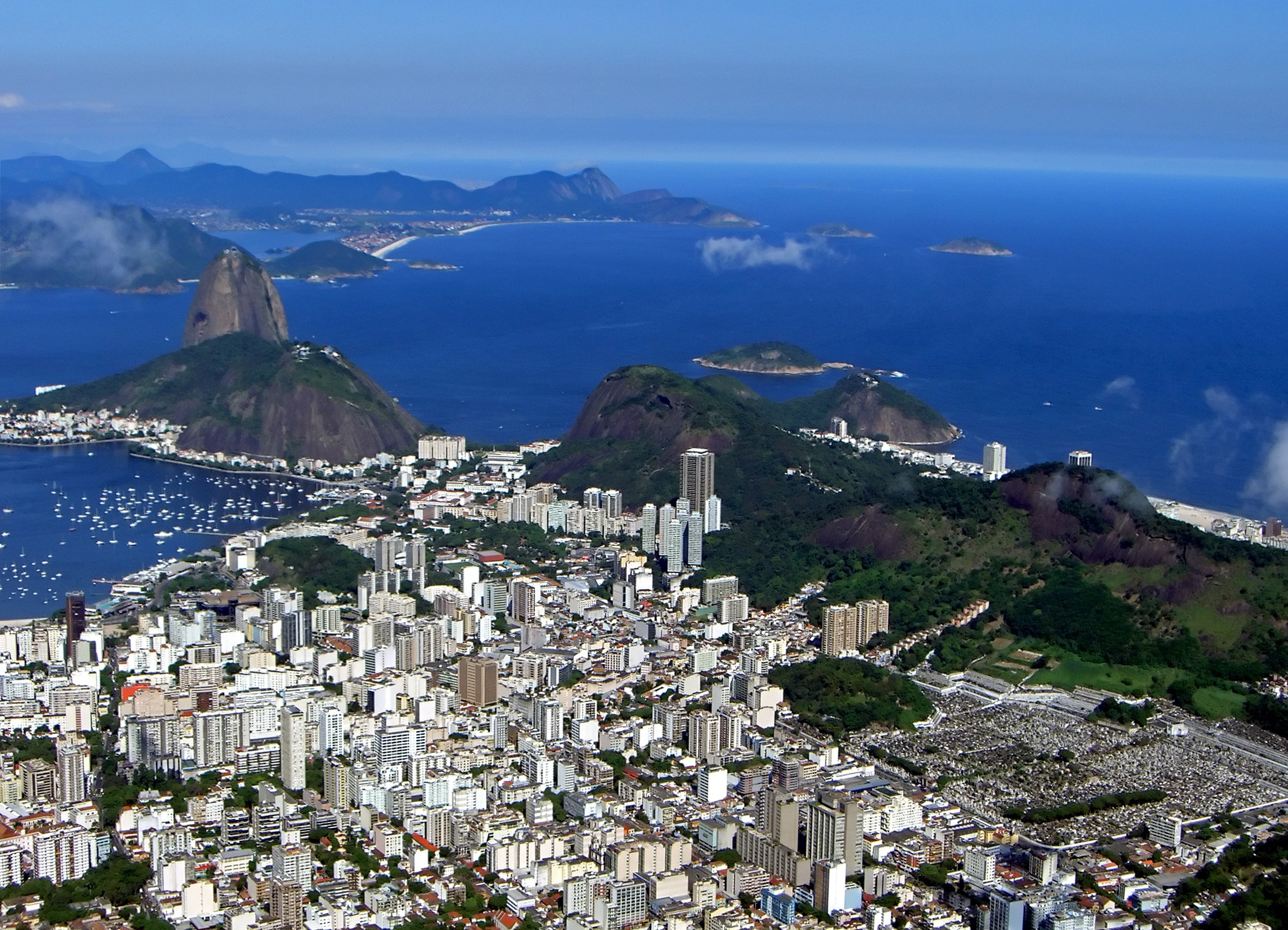Cidade Maravilhosa – “the Wonderful City” – is what Brasil’s second most populous metropolis has been called by its residents for almost a century now. The current reality of Rio de Janeiro , however, is a far cry from the wondrous picture-perfect city of Christ the Redeemer. With an urban war raging between heavily armed police forces, drug gangs and militias, and corruption at the principal levels of governance, Rio de Janeiro’s crisis has been further aggravated by the Covid-19 pandemic and the state’s economic decline.
Back in 2019, the number of homicides in Rio de Janeiro reached 3,955 and over the 17 years since 2003, 94,000 civilians have been murdered in the state of Rio, not including the thousands of police killings where 75% of those killed were black Brazilians. The megacity of 6.7 million as well as the state are facing a serious public safety crisis with the overwhelming majority of these murders going unsolved and unpunished. Furthermore, 57.5% of Rio de Janeiro’s surface area is currently under the control of armed militia groups, paramilitary mafia-like networks operating in poorer neighbourhoods and installing reigns of terror over approximately 2 million people across the metropolitan area. Composed of former police officers and soldiers, the militia groups often have hidden ties with local governing structures thus securing their dominion not only over the city’s territory but increasingly also over public services and the real estate sector. When asked in an interview whether the absence of the government was responsible for the militias’ rise in Rio, sociologist José Claudio Souza, who has studied the militias for over 20 years, replied that the militias are government agents, and, as such, “ It is the government that determines who is going to operate the militarized control and security in the area.” Moreover, police intervention and the decades-long conflict with drug gangs further exacerbate Rio’s public safety crisis and what is referred to as Rio’s “urban war”.
Economically, Rio is facing a crisis too. Last year, Brazil faced an unparalleled health and economic challenge due to the Covid-19 pandemic. Data released by the Brazilian Institute of Economics of the Getúlio Vargas Foundation showed a contraction of 4% in the country’s GDP over 2020. Declared as one of the two states with the worst fiscal situation in Brazil, Rio de Janeiro is essentially on the brink of bankruptcy with its GDP contraction amounting to 4.4% last year, which is above the national and global rate for 2020. This was a major setback to the small progress made since the 2014-2016 deep recession, a crash that was further aggravated by the so-called Lava Jato (Car Wash) probe’s revelation of huge public asset theft by politicians and businesspeople. Rio de Janeiro’s unemployment rate reached 14.5% last year with unemployment among young Brazilians aged 18-24 amounting to an even higher 27%. Furthermore, latest data shows that the state is 134.83 billion Brazilian Reais in debt (about £16.6 billion), 74% of which it owes to the federal government. Rio de Janeiro is Brazil’s second largest subnational economy, it is responsible for 10% of the country’s economic output and it is the republic’s most densely populated state. This fiscal crisis continues to have both economically and socially devastating effects.
Apart from aggravating the economic situation, the financial crisis does not help in providing much-needed funding for public services, especially hospitals and Covid relief. Last week authorities imposed new restrictions in Rio de Janeiro, setting curfews and restrictions on business opening hours. As of March, Brazil ranked highest in the number of Covid-19 cases in Latin America, with Rio de Janeiro accounting for 5.3% of all confirmed cases. While it might seem that the situation is gradually improving across the globe, Brazil, where a record 10,183 people died of the virus last week, is battling its most lethal wave of Covid infections so far. Mid-February immunization campaigns in the city had to be put on hold by the mayor of Rio de Janeiro because of a significant lack of vaccine doses.
With the highly transmissible P1 Covid variant spreading across Brazil, the situation in Rio de Janeiro thus remains extremely urgent. Only time will tell whether the Covid-19 pandemic will ultimately prove more devastating to the Cidade Maravilhosa than all its other crises. The thousands of economically and socially deprived citizens of Rio de Janeiro have been let down by the city over and over again, and it is time for the government to adopt radical measures.

